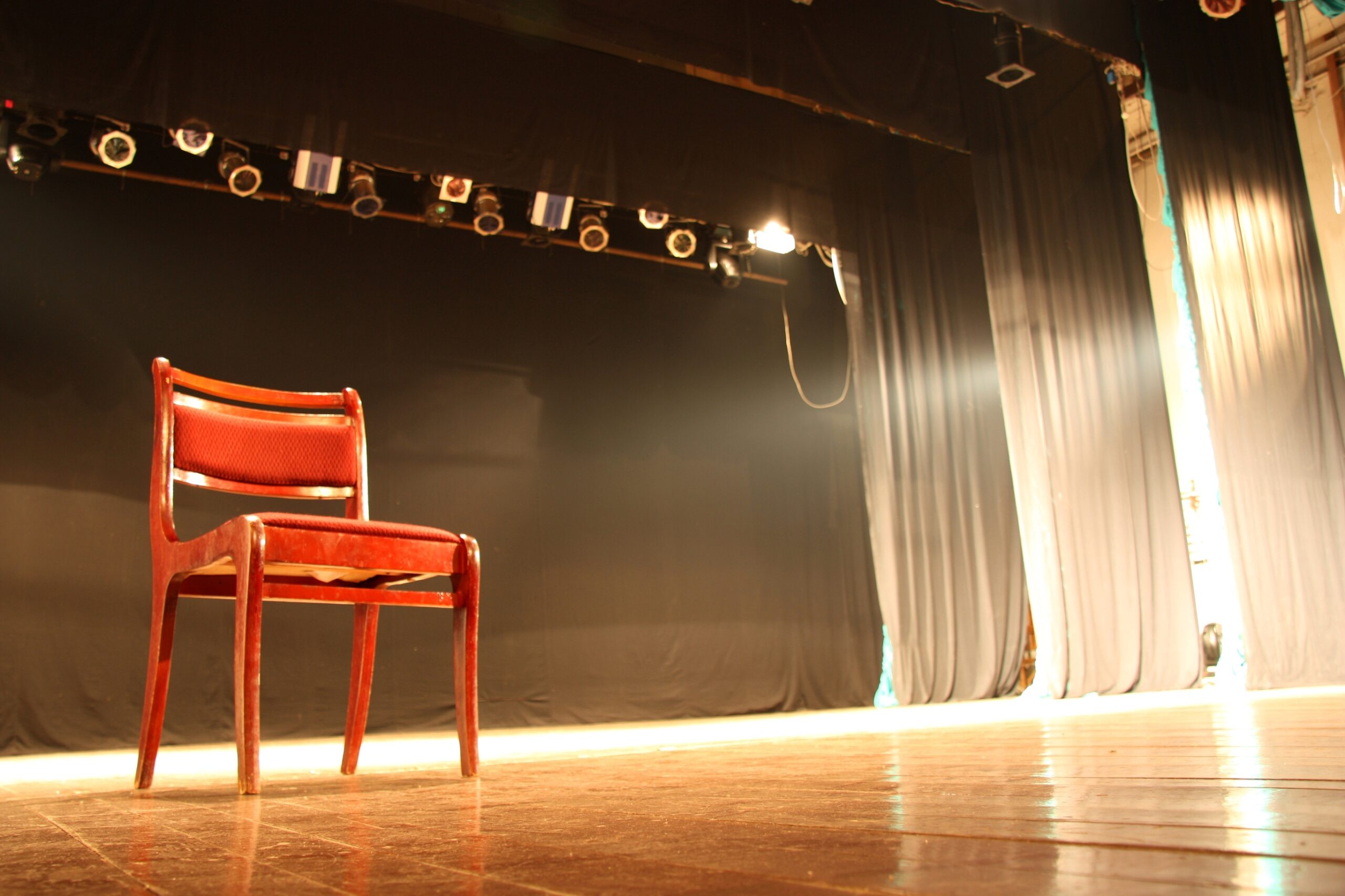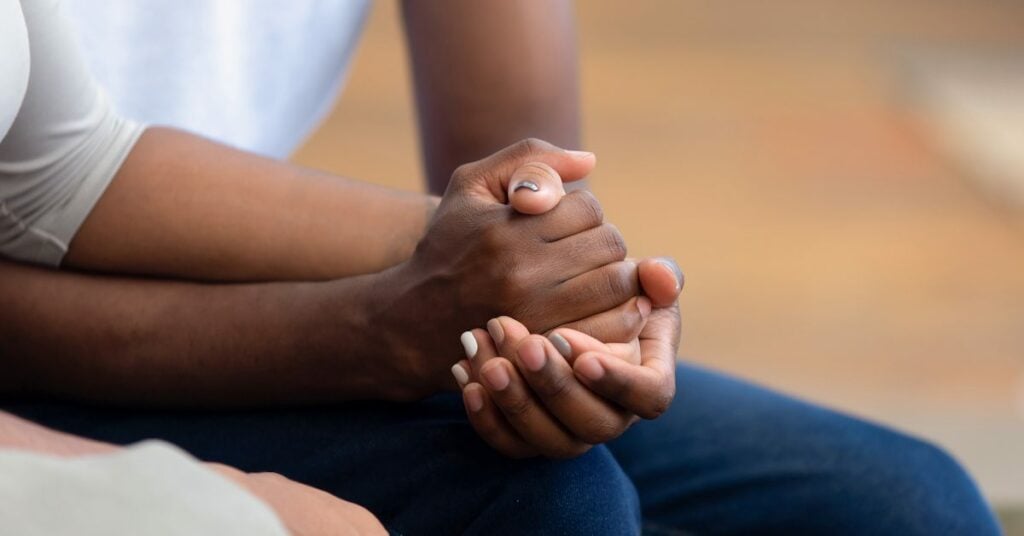When pregnancy loss takes center stage


When I had my first miscarriage, I was devastated, angry, and confused. My confusion stemmed from my naive belief that pregnancy was simple and linear. Wasn’t that how it always looked in the movies? Pregnancy equals baby with nothing but bliss, a growing belly, and lots of love and attention in between.


In the past few years, though, more attention has been paid to the reality that trying for a baby can be anything but straightforward. The process can be joyful, yes, but also full of disappointment, grief, and loss.
One of the driving forces behind this new public conversation is that celebrities have begun to share their stories of pregnancy loss. Whereas before we tended to see only the happy ending of their fertility journeys, an increasing number of social posts and interviews are revealing the pain and complexity of life after pregnancy loss—even for people who seem to have every advantage. These stories have the capacity to reach millions of us, and they often generate thousands of comments where followers talk about their own losses.
However, many aspects of reproductive health are still seen as taboo, and public discussions about pregnancy loss continue to spark controversy. As a clinical psychologist specializing in reproductive health who has also endured two pregnancy losses, I find these celebrity stories deeply moving—as well as vital to the movement to destigmatize and raise awareness of a common but rarely discussed experience.
Shattering the silence
My clients often question the validity of their reaction after a pregnancy loss, wondering if they’re making “too big of a deal” of it. Not only are they facing deep pain, but they’re also pained by the magnitude of their pain.
But what if they heard Beyoncé call her pregnancy loss “the saddest thing I’ve ever been through,” Lily Allen describe her loss as hitting her “like a house collapsing,” and Michelle Obama talk about how “lost and alone” she felt after her two miscarriages? 1, 2, 3 Shared with vulnerability and authenticity, each of these celebrity stories can help encourage people to treat their own grief with greater gentleness and understanding.
In addition, when nonbirthing partners describe their own devastation, it can lead to more frank conversations not only about pregnancy loss, but also about how partners experience grief. James Van Der Beek, for example, has spoken candidly about the pain he felt after his and his wife’s two pregnancy losses.4 If more men in the public eye talked openly in this way, it could help confront stereotypes about masculinity.
Disenfranchised grief and shame
“Disenfranchised grief” is a type of grief that’s not readily understood by society, over experiences such as the death of an ex, a parent’s dementia diagnosis, or the loss of a pregnancy. Personally and professionally, I’ve had a front-row seat for what can happen when our grief is left in isolation—or, even worse, when it is bravely spoken out loud and met with dismissal.
These experiences are a breeding ground for shame. Instead of saying “Something bad happened to me,” we may arrive at “I am bad.” I’ve worked with many clients who struggle with feelings of shame and isolation as they try to process a pregnancy loss. Because we so rarely hear people talk about this kind of loss, despite how often it happens, we wonder if there’s something wrong with us for how we’re reacting to it.
Prolific shame researcher Brené Brown says the antidote to shame is empathy, or connection with others.5 That connection can look like telling our own story to a friend or a therapist, and it can also mean hearing a similar story from a public figure we admire.
As more celebrities share their stories, the complexities of pregnancy loss gain attention and understanding. This helps lessen the burden on the rest of us to educate others about our own losses.
I vividly recall how exhausting it was to both suffer from a loss and have to explain my suffering. When someone uses their influential platform to tell their story, it helps shatter the silence around pregnancy loss and makes it easier for the rest of us to speak our truths.
The power of stories
Storytelling is one of the oldest human art forms. Sharing a story can help you process, understand, and integrate your experience; hearing a story can do the same. Every time someone talks publicly about pregnancy loss, the rest of us get a chance to approach our own losses with more understanding and empathy.
When Chrissy Teigen posted on social media about her pregnancy loss, she shared raw, emotional photos of herself and her husband, John Legend, in the hospital. “These photos aren’t for anyone but the people who have lived this or are curious enough to wonder what something like this is like,” she wrote. “These photos are only for the people who need them.”6
I believe that stories like hers—like ours—can benefit everyone. Pregnancy loss is not only a women’s issue or even just a family issue. It’s a fundamental part of the human experience, and its story deserves to be told.

Sources
1 https://www.today.com/parents/beyonce-opens-miscarriage-saddest-thing-ive-ever-been-through-1b8198402
2 https://www.irishexaminer.com/lifestyle/arid-30479973.html
3 https://people.com/politics/michelle-obama-miscarriage-book-lost-alone
4 https://www.self.com/story/james-kimberly-van-der-beek-miscarriages
5 https://www.ted.com/talks/brene_brown_listening_to_shame
6 https://chrissyteigen.medium.com/hi-2e45e6faf764
About the author
Sunita Osborn, PsyD, MA, is a writer and licensed psychologist who practices in Houston, Texas. She specializes in reproductive psychology and working with adults and couples in all phases of their reproductive journey. After finding herself lost and without a map after her own experiences of pregnancy loss, she is committed to helping people cope with the pain of miscarriage, increasing awareness and decreasing stigma toward miscarriage, and promoting open dialogue about the realities of this prevalent and devastating concern.
Related articles

Healing your relationship after pregnancy loss
When you’re consumed by the grief and trauma associated with pregnancy loss...

